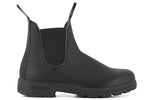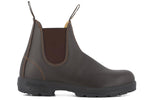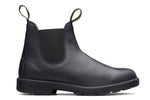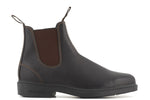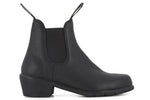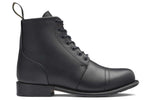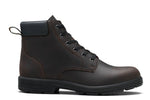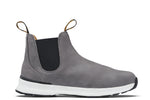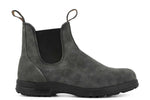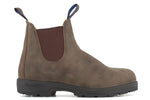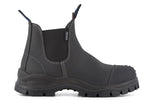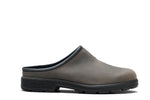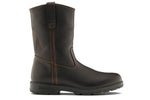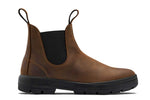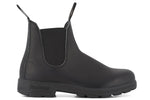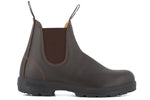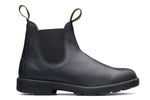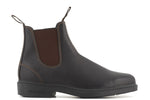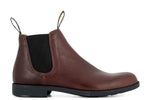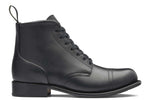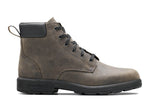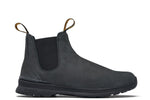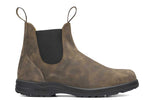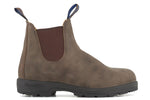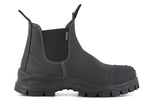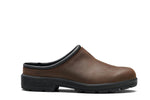Camping in winter can be an incredible experience, despite the temperature drop! The retreat of summer campers mean campsites and fields are quieter, allowing you to have more peace and space to enjoy.
What’s more, winter’s frosty landscapes and dark, starry nights make camping outdoors an unforgettable experience. You’re not going to be plagued by insects and won’t have to deal with humid temperatures.
If you enjoy adventure, camping is something you should definitely experience in the colder months.
This post will reveal our top tips for winter camping. We’ll guide you through choosing your tent, your clothing, food and hydration, your winter camping gear and your sleeping arrangements, to ensure a safe and exciting trip!

Source: U.S Fish and Wildlife Services
CHOOSING YOUR TENT
Your tent is your home from home whilst camping and during winter it’s important to invest in one that’s strong, sturdy and waterproof.
A flimsy tent will only fall to the wintry winds, so buy a strong tent with a high hydrostatic head rating for water protection. A rating between 2000 and 3000 should cope with a regular British downpour, but the higher the better!
You should also bring some extra guy lines and strong poles along with you, to help anchor and prop up your tent against the harsh conditions.
Whilst pitching your tent in winter, ensure that you do so on a flat surface, ideally near some trees to act as a natural windbreak. If it’s especially windy, try to anchor your tent further with some big rocks. This will ensure your tent doesn’t blow away throughout the night!

Source: Hiking Queen
CLOTHING
You should always be suitably dressed when camping in winter.
You should wear base, mid and outer layers of clothing. The base layer acts as a second skin and traps warm air, so involves wearing thermal or polyester underwear.
The mid layer is the insulating layer and should consist of a heavy fleece and fleece lined trousers, whilst the outer layer needs to be highly waterproof. If the weather is wet, you can easily take off this outer layer and ensure that your clothes underneath are kept dry.
Gloves, waterproof boots, hats, scarves and neck warmers are also must haves whilst camping in winter. Additionally, if there’s heavy snow or rain whilst you’re camping, you should invest in a pair of gaiters. They help keep snow and water out of your boots and even add a little extra warmth too.
You should also wear thick woolen socks and keep a separate, dry pair for sleeping.

Source: Unsplash
YOUR GEAR
The correct winter camping gear is vital for a safe and comfortable trip.
When camping in winter it’s essential to pack lighting devices. A headlamp or flashlight will help guide your way if you need to go out in the night, or will simply provide some extra light in the dark winter evenings. Just remember to pack spare batteries!
A campfire also works well to provide light and warmth. Always try to make a fire as soon as you set up camp and keep it stocked up!
A sleeping bag liner fits within the sleeping bag. They add comfort and up to an extra 2 degrees of warmth whilst sleeping, so are a vital piece of gear for winter camping.
Sleeping mats can be placed on the floor of your tent, underneath your sleeping bag. They smooth over rocks and roots and provide an additional layer of warmth and insulation.

Source:Stefan Schweihofer
FOOD & HYDRATION
Although we don’t sweat as much as in the summer, our bodies lose just as much water in the winter. This is due to respiratory fluid loss from breathing in the dry, cold winter air. Therefore, you must always stay hydrated when camping in the winter and drink plenty of water or hot tea.
Food wise, you should aim to eat high energy foods to keep you going. Our bodies need fuel to generate heat, so always eat a hot meal before you go to sleep to help keep you warm through the night.
Additionally, as fat is metabolised more slowly than anything else, your meal should be high in healthy fats, such as olive oil or cheese, as this will last for longer as you sleep.

Source: Snufkin
SLEEPING
Staying warm whilst sleeping outdoors can be hard to master, even for the most experienced adventurers. But there are many ways to guarantee a warm and cosy night’s sleep.
First, your sleeping bag should be graded with a season 3 or 4 rating. These are designed for winter camping and will keep you warm even in the coldest of temperatures.
Down feather sleeping bags have a high warmth to weight ratio and are the ideal choice when winter camping. It’s vital that you protect your down sleeping bag from getting wet, as the material doesn’t work if wet and will instead make you colder.
For extra warmth and insulation at night, drape something over the torso of your sleeping bag. A metallic survival blanket or a lightweight waterproof jacket work well.
If it’s raining outside, ensure your tent is entirely zipped up to avoid any water from getting into your tent.
Finally, you should never go to bed cold. Wear thick pyjamas with thermals underneath. If you’re especially cold, wear the clothes you’re going to wear the next day to bed. This will also keep you warmer in the mornings, as you won’t be fully exposed to the icy winter morning air.

Source: Josh Lewis
Winter camping is a unique experience, and we hope our tips have spurred you to take a camping trip to the great outdoors, despite the cooler temperatures!
The key is to always pack for the worst conditions and remember to tell somebody at home where you’re going to be. If you are dressed correctly and equipped with the right gear, you’re sure to have an amazing time.
So, grab your thermals and go! We promise you won’t regret it.

